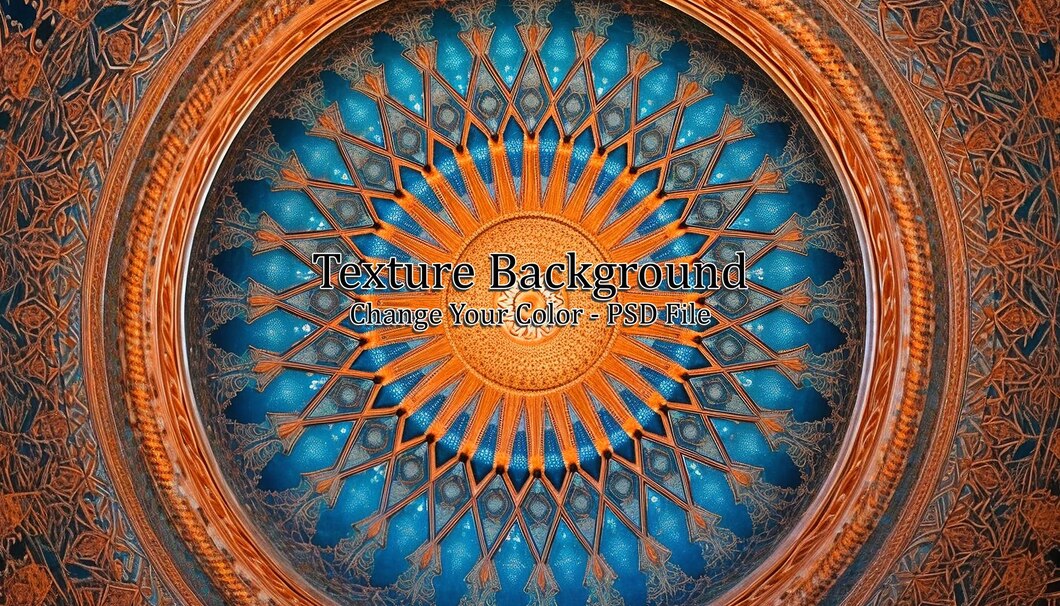UNESCO Full Form: United Nations Educational, Scientific and Cultural Organization

Understanding the UNESCO Full Form
In a world rich with diverse cultures, languages, and historical treasures, the preservation and promotion of cultural and educational heritage are paramount. UNESCO, an acronym that represents a global entity, plays a vital role in safeguarding humanity’s shared heritage. The full form of UNESCO is “United Nations Educational, Scientific and Cultural Organization.” In this article, we will explore the UNESCO full form and delve into its profound impact on fostering global understanding and cooperation.
Decoding the Full Form: United Nations Educational, Scientific and Cultural Organization
The acronym UNESCO stands for “United Nations Educational, Scientific and Cultural Organization.” This specialized agency of the United Nations was established with a mission to promote peace and security through international collaboration in the fields of education, science, culture, and communication.
Origins and Establishment
UNESCO was established on November 16, 1945, shortly after the end of World War II. The founders recognized the importance of advancing global cooperation in education, science, culture, and communication to prevent future conflicts and promote mutual understanding.
Core Objectives
UNESCO’s objectives are centered around fostering global development and understanding:
- Education: UNESCO seeks to provide quality education for all, with an emphasis on promoting literacy, lifelong learning, and equitable access to knowledge.
- Science: The organization promotes scientific research, cooperation, and the application of science to address global challenges, from climate change to public health.
- Culture: UNESCO is committed to protecting and preserving cultural diversity, promoting cultural expressions, and recognizing the importance of cultural heritage in fostering peace and understanding.
- Communication: The organization works to facilitate freedom of expression, media development, and access to information in an increasingly interconnected world.
Key Initiatives and Programs
UNESCO’s impact is felt through a range of initiatives and programs:
- World Heritage Sites: UNESCO’s World Heritage program identifies and protects cultural and natural sites of exceptional value, preserving them for future generations.
- Education for Sustainable Development: UNESCO promotes education that empowers individuals to contribute to a more sustainable and equitable world.
- Media Literacy: The organization advocates for media literacy to enable people to critically analyze and engage with information in the digital age.
- Promotion of Indigenous Languages: UNESCO supports the preservation and revitalization of indigenous languages and cultures.
Global Impact
UNESCO’s work transcends borders and has a profound impact on societies worldwide:
- Cultural Preservation: The organization’s efforts have contributed to the preservation of cultural practices, languages, and traditions that might otherwise be endangered.
- Educational Advancement: UNESCO’s initiatives have increased access to quality education, helping to bridge gaps in literacy and knowledge.
- International Collaboration: The organization serves as a platform for international cooperation, promoting dialogue, mutual understanding, and shared solutions to global challenges.
- Peace and Security: By fostering cultural exchange, education, and scientific cooperation, UNESCO contributes to a more peaceful and secure world.
Conclusion
The UNESCO full form – United Nations Educational, Scientific and Cultural Organization – encapsulates an entity that serves as a guardian of humanity’s shared heritage and a catalyst for global progress. Through its dedication to education, science, culture, and communication, UNESCO embodies the spirit of collaboration and understanding that is essential for fostering a harmonious and interconnected world. As we continue to navigate the challenges of the modern era, UNESCO’s role in promoting knowledge, cultural diversity, and peace remains as relevant and vital as ever.